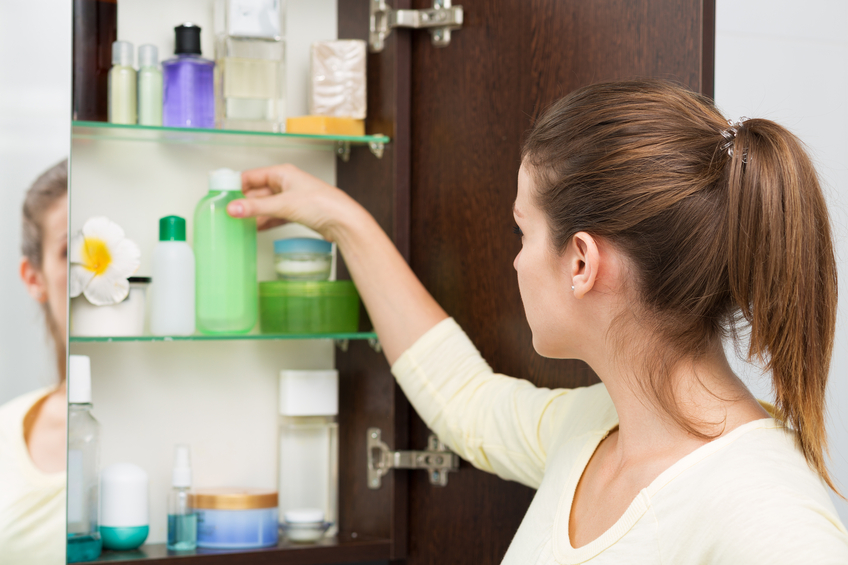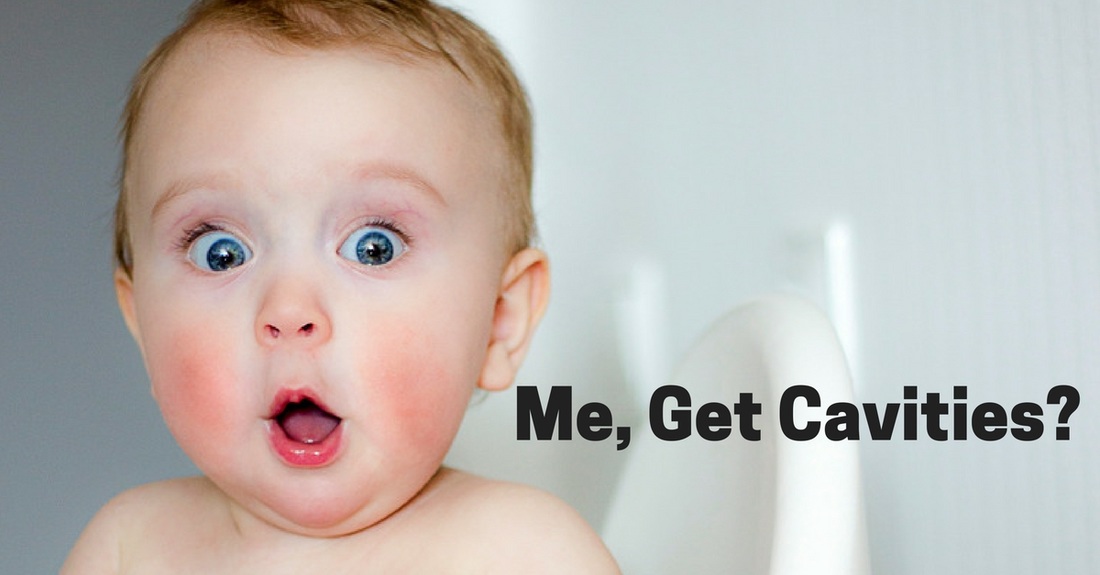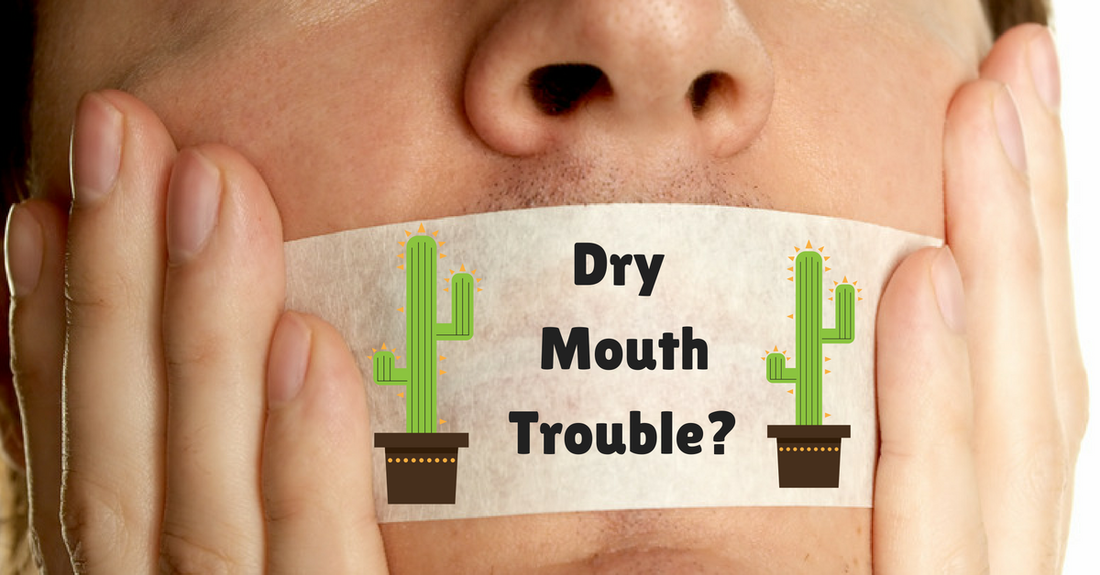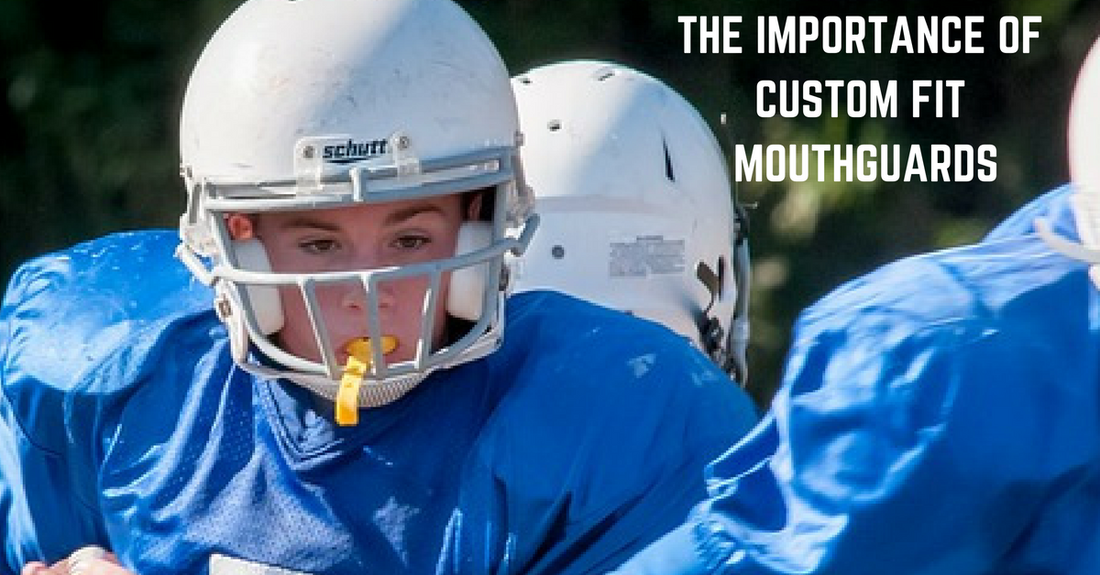The pain is gone. You feel great. Now what do you do with the leftovers that you did not need to use? Can you keep them for a future need? Most of us are faced with questions like this especially when it is time for fall or spring cleaning. If you were prescribed pain medication, like Norco or Vicodin, after a dental or medical procedure and fortunately you didn’t need to take all of them for your pain, that is great. But now what do you do with what may be left?
According to a recent article in the Journal of the American Dental Association, six in ten adults have leftover opioids. According to their study, 61.3 % kept the medication for future use. One in five people shared their medication with another person. The reasons given for sharing their medication was helping another person in pain (78.8%), sharing because lack of insurance or cost (17%) and other reasons such as recreational use (4.2%).
If you were given them solely for an after procedure pain relief, you should dispose of them if no longer needed and not keep them “just in case”. Also medications do have a certain shelf life. You should not share your medication with anyone else. While you may want to help a friend or family member, remember that Opioids are serious pain relievers. Opioids react differently depending on the medication you are currently taking, your current health status, your age, and multiple other factors.
If you do have extra pain medication, pharmacies, doctors, and other agencies will be glad to dispose of them for you. Or you can dispose of them yourself. The recommended way is to take the pills and crush and mix with something like cat litter, dirt or coffee grounds. Then place this in a sealable bag so nothing will leak out. Your prescription bottle label should be scratched so no one can read your information on the bottle and then it can be disposed of.
Remember, don’t keep or share unused medication!
Here are some FAQs about disposing of medications from the FDA's website.
Click the question below you'd like the answer to or Click Here to read them all.
For more information about disposing medication, please visit the FDA’s site. Click Here.
According to a recent article in the Journal of the American Dental Association, six in ten adults have leftover opioids. According to their study, 61.3 % kept the medication for future use. One in five people shared their medication with another person. The reasons given for sharing their medication was helping another person in pain (78.8%), sharing because lack of insurance or cost (17%) and other reasons such as recreational use (4.2%).
If you were given them solely for an after procedure pain relief, you should dispose of them if no longer needed and not keep them “just in case”. Also medications do have a certain shelf life. You should not share your medication with anyone else. While you may want to help a friend or family member, remember that Opioids are serious pain relievers. Opioids react differently depending on the medication you are currently taking, your current health status, your age, and multiple other factors.
If you do have extra pain medication, pharmacies, doctors, and other agencies will be glad to dispose of them for you. Or you can dispose of them yourself. The recommended way is to take the pills and crush and mix with something like cat litter, dirt or coffee grounds. Then place this in a sealable bag so nothing will leak out. Your prescription bottle label should be scratched so no one can read your information on the bottle and then it can be disposed of.
Remember, don’t keep or share unused medication!
Here are some FAQs about disposing of medications from the FDA's website.
Click the question below you'd like the answer to or Click Here to read them all.
- What are FDA's recommendations for removing unused medicines from the home?
- Why do the medicines on this list have directions for disposal by flushing and other medicines do not? What is the rationale for this policy?
- How big of a problem is accidental exposure to medicine in the United States?
- Does flushing the medicines on this list down the toilet or sink pose a risk to human health or the environment? How have considerations about medicines in the environment informed FDA’s recommendations about the disposal of medicines from the home?
- Can the medicines that FDA recommends for disposal by flushing be eliminated from the home in some other manner; for example, by drug-take back programs or returning the medicine to the pharmacy?
-
- I live in an assisted living community and take my own medicines. I have prescription medicines that I no longer need. How can I safely dispose of them?
For more information about disposing medication, please visit the FDA’s site. Click Here.







 RSS Feed
RSS Feed
